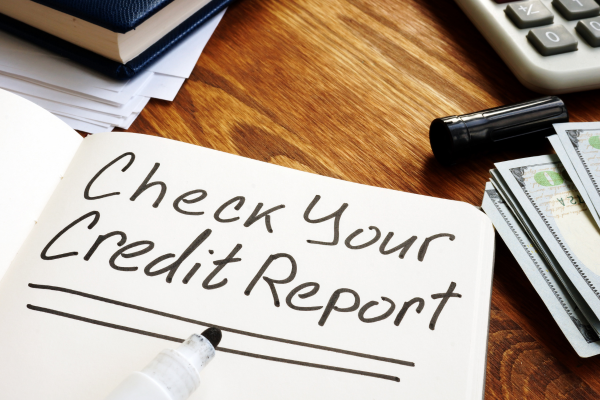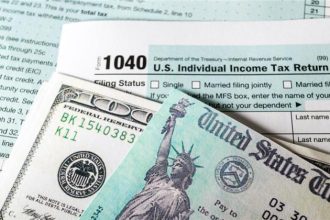Learning how to read your credit score is a pivotal step toward financial freedom. Often, the maze of numbers and terms can seem daunting. With a clear guide, you’ll find it’s a tool designed to open doors to your financial goals. This post aims to demystify credit reports, offering a roadmap to not only understanding but also leveraging your credit score for future success.
A credit score is a numerical representation derived from a detailed examination of an individual’s credit reports, reflecting their creditworthiness. Ranging typically from 300 to 850, this number is a condensed version of your credit report.
Now the report itself is a detailed record of your credit history. Higher scores are better, as they are seen as an indicator that you are a lower risk to lenders. But what goes into this number, and how can you interpret it?
The Components of Your Credit Score
Firstly, your credit score is primarily made up of five key components, each carrying a different weight.
1. Payment History: This is a significant part of your credit score. Lenders want to know you have a strong history of paying back what you owe and on time. Late payments, bankruptcies, and other negative financial markers can significantly impact your score.
2. Credit Utilization (30%): This measures how much of your available credit you are using. Keeping your credit utilization ratio below 30% is seen as a sign of good credit management.
3. Length of Credit History (15%): Longer credit histories are beneficial because they provide more data for lenders. This includes the age of your oldest account, the age of your newest account, and an average age of all your accounts.
4. Types of Credit in Use (10%): A mix of account types, such as credit cards, mortgage loans, and car loans, can show that you can handle various types of credit responsibly.
5. New Credit (10%): Next, opening several new credit accounts in a short period can be seen as risky by lenders. This part of your score reflects the number of new accounts you have, the number of recent inquiries into your credit, and the time since those occurrences.
Reading Your Credit Score
So you understand what influences your score, but how do you read it? Credit scores generally fall into several categories.
1. Exceptional (800 to 850): At this level, you will likely receive the best interest rates and loan terms.
2. Very Good (740 to 799): Scores in this range are above the average consumer’s, indicating to lenders that you are a very dependable borrower.
3. Good (670 to 739): This range is considered the median credit score range. You are still in a good position to receive loans, but you may not qualify for the best interest rates.
4. Fair (580 to 669): Scores in this range are below the average score of U.S. consumers, though many lenders will still approve loans with this score. However, the terms may not be as favorable.
5. Poor (300 to 579): With scores in this range, it can be challenging to get approved for credit. If you are approved, you may be required to pay a fee or deposit.
Most importantly, understanding where your score falls in these categories can help you assess your borrowing power. On the other hand, remember that credit scores can vary slightly between the three major credit bureaus—Experian, TransUnion, and Equifax—due to different information being reported to each one.
Tips for Improving Your Credit Score
Improving your score is a journey, not a sprint. Here are several strategies to help you on your way:
1. Pay your bills on time: This cannot be overstated. Timely payment is the most critical factor in your credit score.
2. Keep balances low: Aim to use less than 30% of your total credit limit.
3. Manage your debt: Consider a debt consolidation loan if you’re juggling multiple high-interest debts.
4. Check your report regularly for errors: You’re entitled to a free credit report from each of the three bureaus once a year through AnnualCreditReport.com.
5. Be patient: Building or rebuilding credit takes time and consistent effort.
A Key Financial Tool
To sum it up, your credit score is a key financial tool. By understanding its components and how to read it, you can take proactive steps to manage and improve your credit, paving the way to financial health and freedom. Remember, small, consistent actions can lead to significant improvements. Whether you’re just starting on your credit journey or looking to improve your score, there’s always hope and a path forward.
If you’re struggling to pay off debt, ACCC can help. Schedule a free credit counseling session with us today.
Read the full article here
















